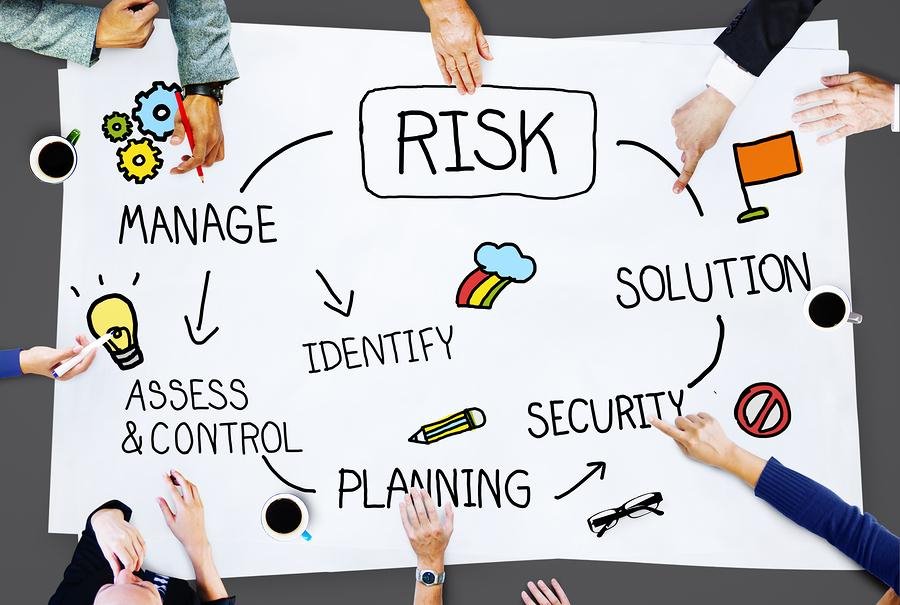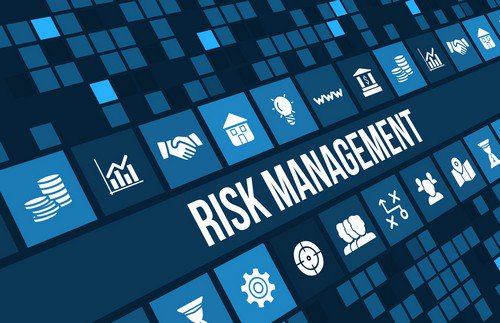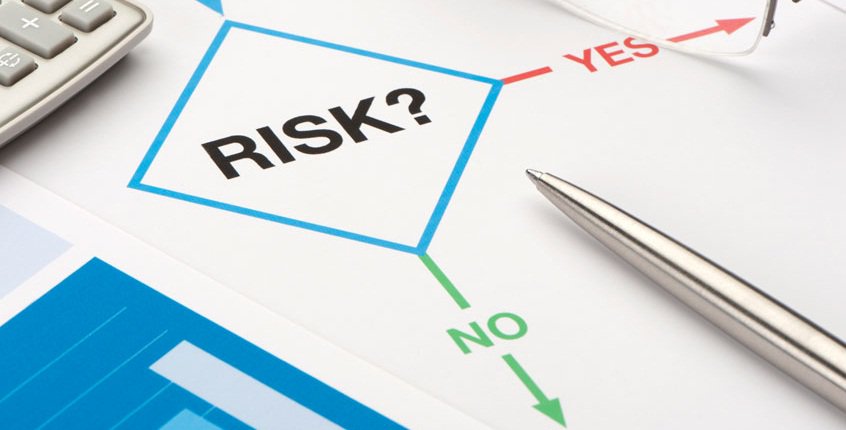Learn about risk management in project management
In this article, tuhocpmp will introduce you to the content related to risk management in project management. Let's find out how important risk management is. In this section, let's learn about the content related to project risk management.

The importance of risk management in project management
The risk is seen as an event, the operation will definitely take place in any project. The thing is, it happens in a positive or negative direction. When risk occurs in the direction of impact, it is called positive, when risk occurs in the direction of the likelihood, it is considered a problem of a project. And no matter which direction it takes, risk management will help minimize, monitor and control the feasibility or impacts of risks to the project.
It can be said that risk management plays an extremely important role. When an incident occurs, if there is no contingency plan to deal with such risks, it can lead to delays, over budget, etc. Managing risk is proactive management. report, take precautions, help exploit potential risks, identify and propose preventive measures.
It can be said that risk management plays an extremely important role. When an incident occurs, if there is no contingency plan to deal with such risks, it can lead to delays, over budget, etc. Managing risk is proactive management. report, take precautions, help exploit potential risks, identify and propose preventive measures.

Risk management process
Risk management terms will be explained by tuhocpmp in the steps of a risk management process.
Planning risk management (Plan risk management) this is a process that helps identify the activities to be performed to manage the project's risks. Planning helps ensure the level, vision and type of risk management activities commensurate with the risks and importance of the project in the organization.
Identify risk: It is the division, identification of which type of risk, which may affect the project, provides documentation of its characteristics. The benefit of this is to help insiders have a better overview, make timely forecasts.
Risk analysis: This is an area within the exam preparation framework of PMP certification, which can account for up to 30% of the questions, out of a total of 200 questions.
Planning risk management (Plan risk management) this is a process that helps identify the activities to be performed to manage the project's risks. Planning helps ensure the level, vision and type of risk management activities commensurate with the risks and importance of the project in the organization.
Identify risk: It is the division, identification of which type of risk, which may affect the project, provides documentation of its characteristics. The benefit of this is to help insiders have a better overview, make timely forecasts.
Risk analysis: This is an area within the exam preparation framework of PMP certification, which can account for up to 30% of the questions, out of a total of 200 questions.

The project's risk analysis is a process of prioritizing risks, based on the likelihood of its occurrence and its impact on the project. The analysis helps project managers reduce uncertainty, focusing on high priority risks.
In order to master the knowledge of risk analysis in the test, you need to pay attention to some information such as:
Information collection techniques
- Understand and use historical information
- Tools and techniques to help analyze risks
- Tool to help quantify risk analysis
- The ability to make decisions
- Sensitivity analysis of stakeholders
Plan risk response (Plan risk response): After the steps of understanding and analyzing, the next thing is to plan to make choices and actions to help increase opportunities, minimize threats threatening the final goal of the project.
Control risks (Control risks): A process of making specific plans to respond to risks. This process helps improve the performance of the risk approach throughout the life cycle of project management.
Control risks (Control risks): A process of making specific plans to respond to risks. This process helps improve the performance of the risk approach throughout the life cycle of project management.

The above is information related to risk management in project management. Risk management is an important category, because forecasting, providing solutions when risks appear, helps managers have a better overview of risks. Find out more about project management at tuhocpmp.com.

.jpg)
.jpg)
.jpg)
.jpg)
.jpg)